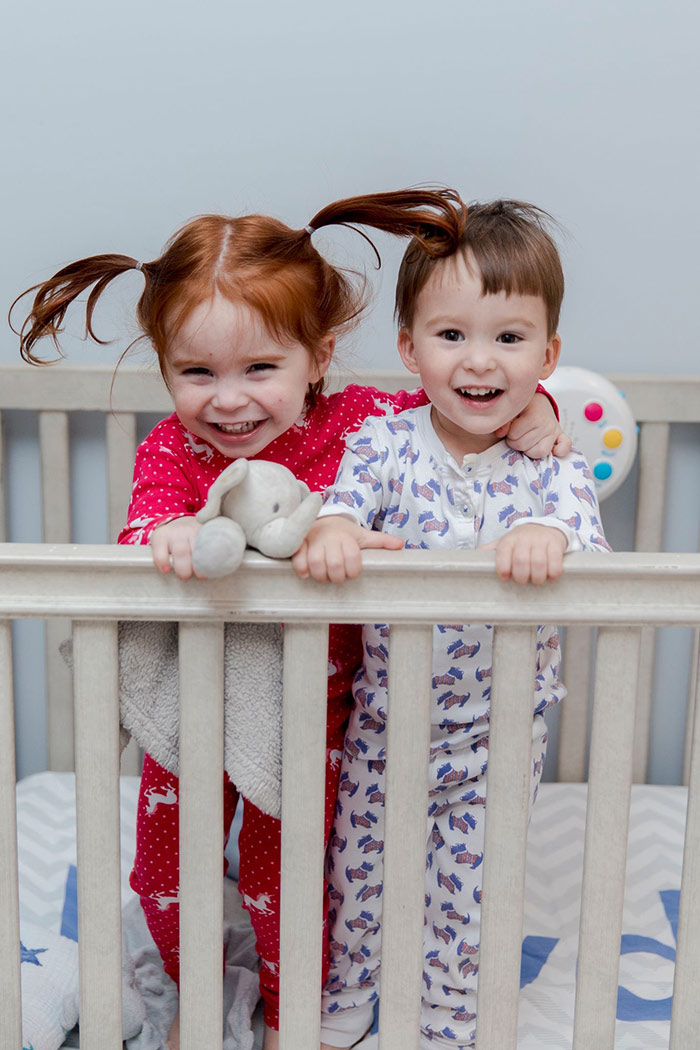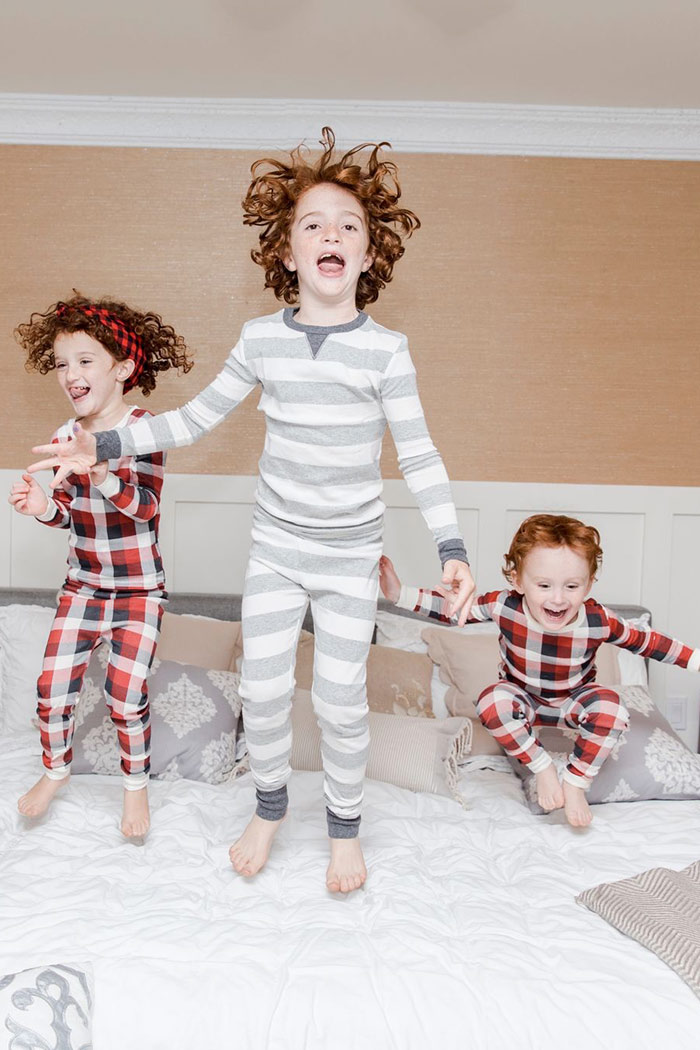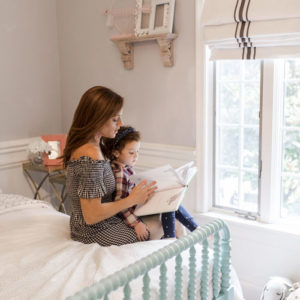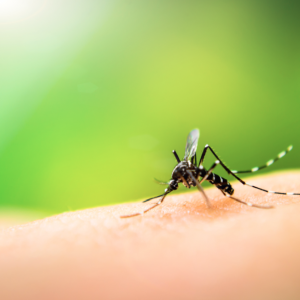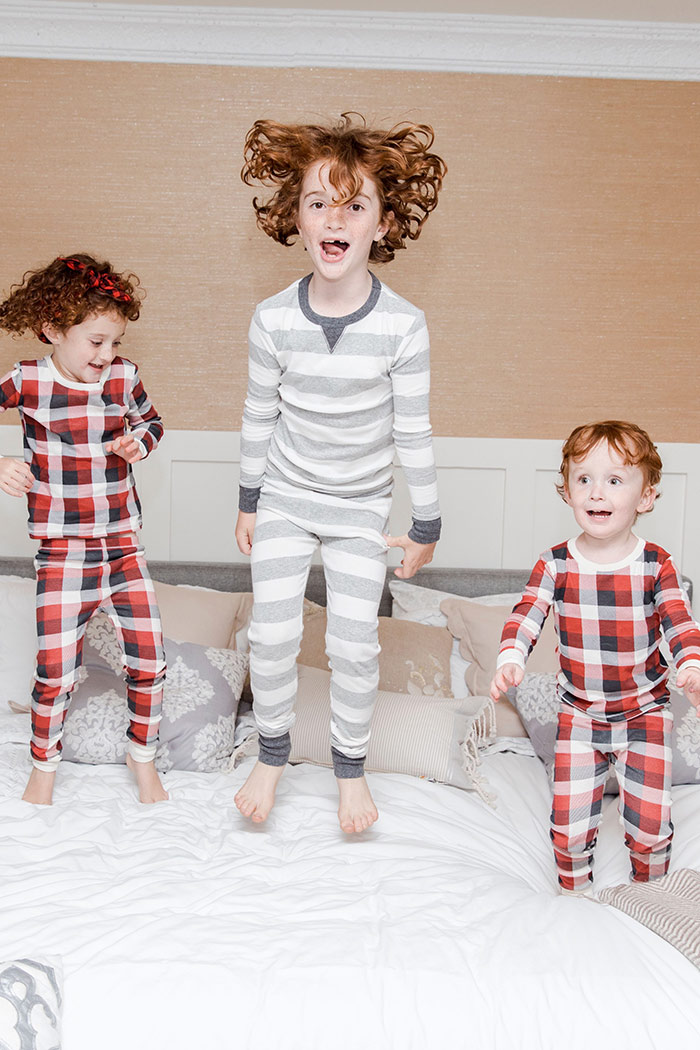
A Pediatrician’s Take on Sleep Gummies for Kids
The pandemic has significantly decreased everyone’s healthy sleep habits. Many parents have turned to sleep gummies for kids in order to help their child get a good night’s sleep.
And actually, melatonin and sleep gummies are the most rapidly growing category in the vitamin supplementation arena.
As a pediatrician, parents frequently ask me if sleep gummies are safe for kids to take. My answer is yes when used appropriately and when discussed with your pediatrician.
But in order to get back to healthy sleeping habits, the bigger issue we need to address is what is affecting our child’s ability to sleep.
I feel strongly that there are three distinct reasons why kids’ sleep habits have been disrupted during this past pandemic year.
- Increased anxiety
- A lack/loss of schedule
- Increased screen time
While I would love to give you an easy solution, addressing these main issues is the true key to better sleep for kids.
Better Sleep for Kids
Good sleep hygiene and a proper bedtime are imperative for the health and development of your child.
Sleep has been the focus of many pediatric studies, all revealing that poor sleep hygiene can lead to dangerous consequences, like decreased immunity, decreased performance in school, and an inability to cope with stress.
It is important that our children get a good night’s sleep, but how do we ensure this happens?
Today we are discussing the best ways to get your kids to go to sleep and a breaking down different sleep aids, including sleep gummies for kids.
What Are Sleep Gummies for Kids?
Most commonly, sleep gummies have an active ingredient called Melatonin.
Melatonin is a hormone produced by our bodies to prepare us to go to seep. Naturally, melatonin increases at dusk resulting in us feeling tired and giving our bodies the signals we need to fall asleep.
Our levels of melatonin decrease as morning approaches, allowing us to wake up fresh and ready for the day.
Melatonin gummies for kids increase this hormone concentration in the blood to combat and overcome occasional sleep difficulties.
Are Sleep Gummies Safe for Children?
Sleep gummies are designed to be used for occasional sleeplessness. Melatonin in sleep gummies is a safe and drug free way to help promote good sleep hygiene. However, I do NOT recommend using melatonin on a daily basis to help your child fall asleep.
As a pediatrician, I feel strongly that using medication or supplementation on a regular basis should only occur under the guidance or supervision of your child’s doctor.
However, sleep gummies can be warranted and very helpful in certain situations.
- Some pediatricians may suggest a child on ADHD medication take a sleep gummy to help with insomnia. However, your pediatrician should initiate this treatment.
- If you are traveling and your child is jet lagged, a sleep gummy may be helpful to get them back on track.
- If your child is having a rough week with nightmares or night terrors, taking a sleep gummy could help transition them to a better sleep pattern.
However, as a pediatrician, I firmly believe parents should use other methods of sleep training in conjunction with sleep gummies. The ultimate goal is to come off sleep gummies and utilize only the other resources as cues for sleeping.
What Are Healthy Alternatives?
Children thrive on structure and schedules. Never underestimate the importance of cues and a consistent routine.
If your child suffers from sleep difficulties, here are some important tips that may help:
#1 Decrease Screen Time
We all have leaned on screen time this past year. But as time goes on, it becomes harder and harder to break the habit and put the screens away.
But good sleep depends on decreasing stimulation and promoting calmness before bedtime. Constant stimulation through video games, YouTube, and TV tells the brain to stay awake – in children and adults alike. Decreasing screen time is key to better sleep. It is the only way the body knows it’s time to wind down.
A great tip is to use a “screen basket.” At a certain time, everyone in the home puts their devices in the basket for the night, including adults!
Being a role model for your children is important. So this tool only works if you participate too!
You will find that not only will your children go to sleep earlier, but you will promote communication, family time, and new memories with your kids. Being present with them is extremely important.
The American Academy of Pediatrics recommends all screens be turned off 30 minutes to 1-2 hours before bedtime.
TVs are not the only issue. Small screens (like smart phones and tablets) are actually even more disruptive to sleep than TV. The light from these devices can impede natural hormones that help us fall asleep. Interruptions from these devices can also break apart our sleep.
Never sleep with your cell phone, and do not let your children either.
#2 Follow Your Child’s Cues
Did you know that kids under the age of 12, or before puberty, get tired around 8pm?
Around 8pm there is a natural rise in a child’s melatonin level.
So seize the opportunity to transition kids to bed around that time. Make sure to look for cues like yawning, rubbing eyes, and moodiness. Try to set bedtime within 30 minutes of these drowsiness cues for an easier transition to bed.
#3 Bedtime Routine for Kids
Establishing healthy sleep solutions in a solid bedtime routine is imperative to creating good sleep hygiene. It is important that your child starts to wind down and allow their mind to get ready for sleep. Having the same routine every night prepares your child for bedtime.
Many parents don’t realize that a late bedtime can actually result in difficulty falling asleep and resistance to the bedtime routine.
For most children, an appropriate bedtime is between 7:30pm and 8pm.
This is particularly important with younger children. Children need structure in order to thrive.
A great tip is to do a specific activity every single night before your child goes to bed. This activity will signal the brain that it’s time to go bed. Whether it’s a specific song you sing, a book you read, or a soft sound you play, create a cue your child can rely on every night.
Cues are extremely important to children as they transition to night time. However, as a pediatrician, I do NOT recommend the cue be a gummy or medication every single night. Instead, try some of these fun bedtime items – our favorites are linked HERE.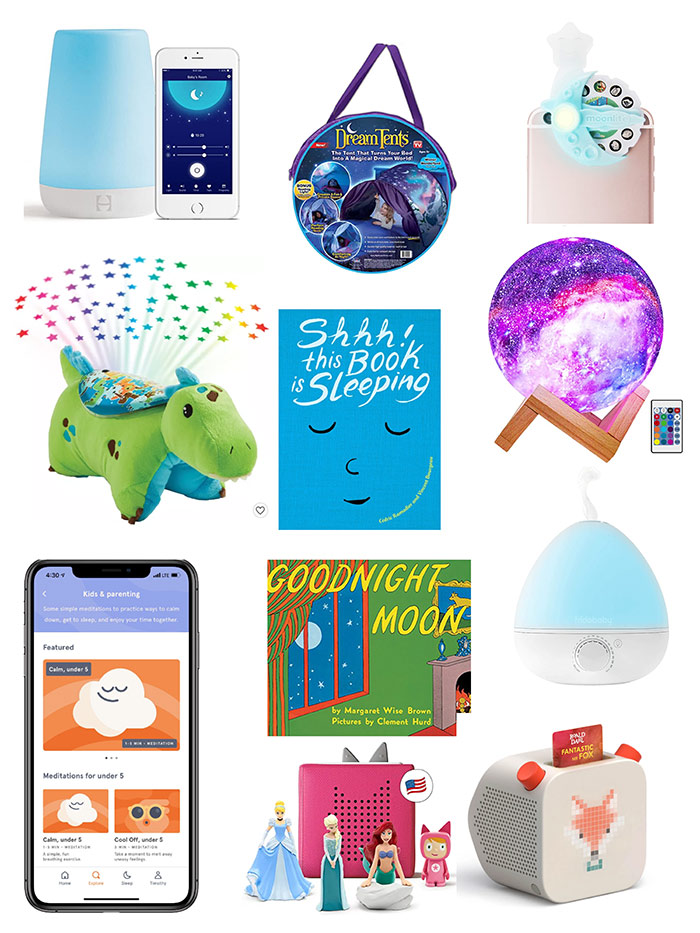
Final Thoughts on Getting Better Sleep
If you’ve followed all these guidelines and your child is still having trouble getting to sleep or staying asleep, I have a few other recommendations. These types of products typically contain essential oils that are calming in nature to help comfort, calm, and soothe kids to sleep.
- Zarbees Spray
- Calming Balm from Zarbees
- Doterra Calming Blend
While melatonin sleep gummies for kids are a tempting option, I do not recommend using them on a continuous basis. Use them sparingly as a supplement to other healthy sleep habits in order to jumpstart the routine and get a child’s body back on track.
As a pediatrician, my recommendation is that after a few days, you discontinue the use of melatonin gummies for kids.
~Dr. Katie

